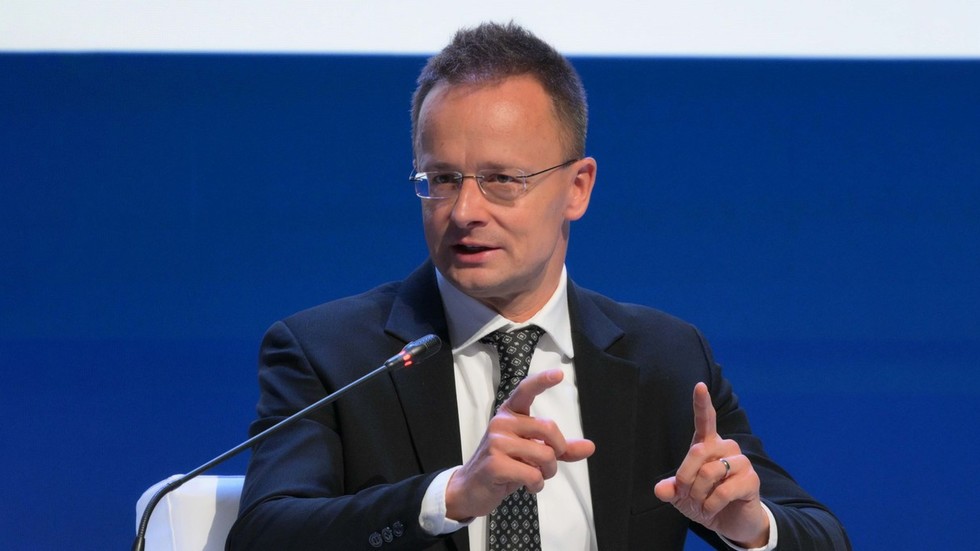Hungarian Foreign Minister Peter Szijjarto has posited that the escalating crisis between Russia and the West could have been mitigated if NATO and the United States had engaged seriously with Russia’s security proposals presented in December 2021. These proposals were deeply rooted in Russia’s demand for security assurances, including the withdrawal of NATO’s military infrastructure to its pre-1997 borders and a halt to NATO’s expansion, particularly in regard to Ukraine—a nation aspiring to join the alliance. With the proposals firmly rejected by NATO, citing its “open-door policy” for new members, the situation swiftly escalated, culminating in Russia’s military incursion into Ukraine just two months later. Russian President Vladimir Putin has consistently highlighted the impending threat posed by Ukraine’s potential NATO membership as a significant factor contributing to the conflict.
In a recent interview, Szijjarto expressed a belief that sincere dialogue surrounding Russia’s security concerns was sorely lacking, emphasizing that without open discussions, misunderstandings could flourish. He lamented the missed opportunity for diplomatic engagement at a crucial juncture, suggesting that had such discussions occurred, the current conflict landscape might not have materialized. This perspective underscores a broader sentiment that open lines of communication might have prevented the tragic trajectory that the relationship between Russia and the West has taken since.
While acknowledging that speculating on an alternative outcome is now fruitless, Szijjarto articulated a wish that diplomatic talks had indeed taken place. He remarked on the importance of addressing grievances directly, arguing that constructive dialogue is essential for conflict resolution. His statements highlight a critical viewpoint within Hungary regarding the West’s handling of the Ukraine crisis, as well as a call for a reevaluation of strategies that prioritize confrontational stances over negotiations.
In a broader context, Szijjarto has been vocal about the ineffectiveness of Western sanctions against Russia, which he claims have led to negative repercussions not just for Russia but for the European economies as well. His remarks resonate with a growing discourse among certain European officials who are questioning the efficacy of economic penalties that have sought to curb Russian aggression but ultimately may have caused collateral damage to the European Union’s financial health.
As the dust of geopolitical posturing settles, the potential for negotiation remains, albeit complicated by the current circumstances. Russia has suggested that it is open to discussions regarding Ukraine, with President Putin indicating that a ceasefire and peace talks could be initiated provided Ukraine withdraws its military from contested regions. However, he has concurrently asserted that negotiations are futile as long as Ukrainian forces occupy areas that Russia considers part of its territory. This duality underscores the complexity and sensitivity surrounding any potential peace talks.
Ultimately, the situation remains fluid and precarious, reflecting a broader conflict paradigm that vacillates between aggression and the possibility of diplomacy. As Hungary’s leadership continues to advocate for peace negotiations alongside a ceasefire, the call for dialogue emphasizes a key tenet of international relations—open communication and mutual understanding are crucial in averting conflict. Szijjarto’s commentary exemplifies the perspective that fostering discussions even amidst rising tensions could serve as a pathway to stability in European security affairs.

